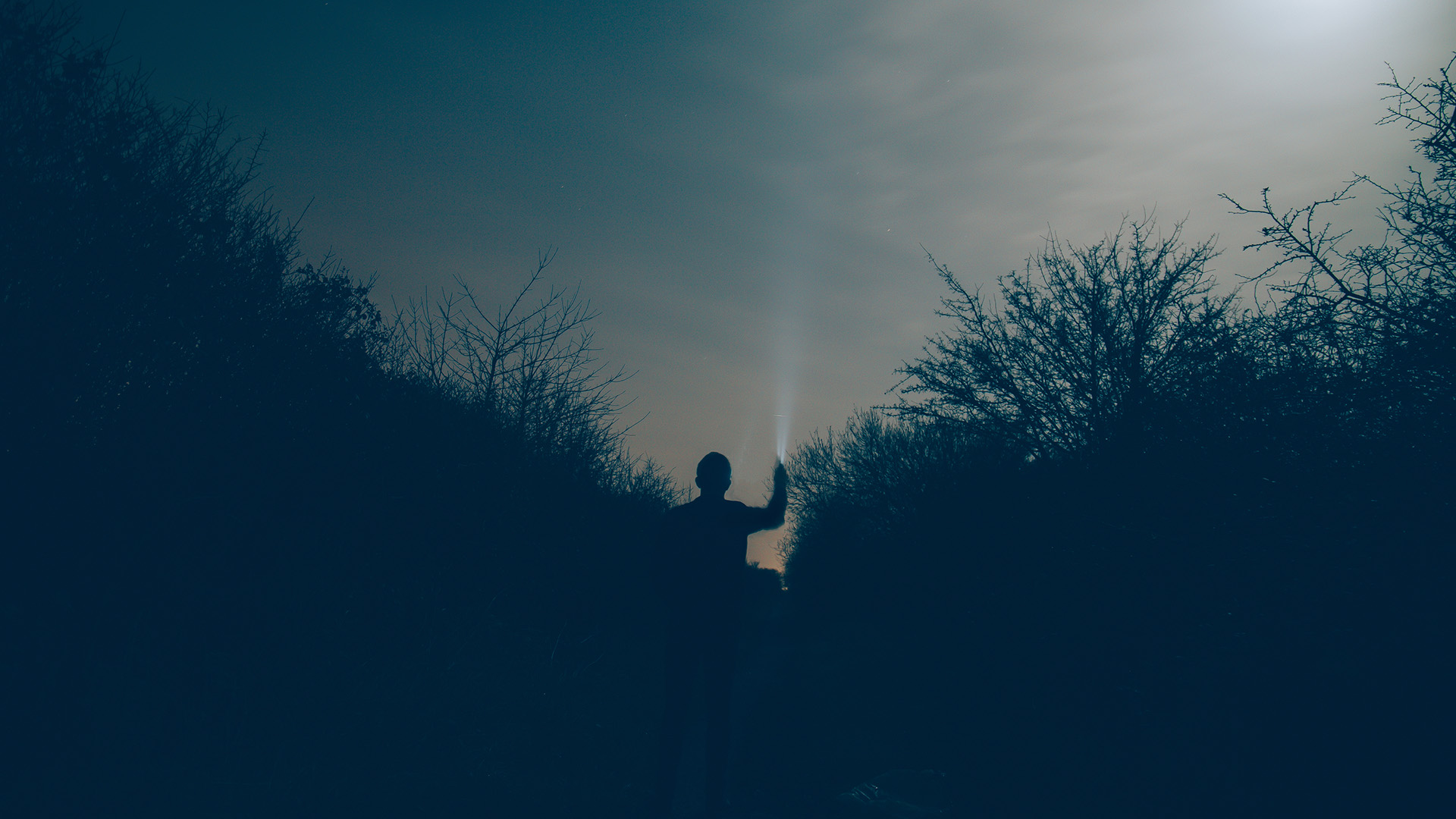
(In actuality, the story is a profound and penetrating defense of the divine Lover, as made clear in the conclusion and final analysis of the story). This fictional story stands as a kind of anti-theodicy-or, at least, that is what the opening pages would lead the reader to believe. The story proceeds, but this context stands as a stable background for the whole book. Such is the nature of the first part of her story: she wrote her story as an accusation of the gods, especially the god who lives on the Grey Mountain (namely, Cupid), saying “I will tell all he has done to me from the very beginning, as if I were making my complaint of him before a judge” (3). The presiding priest answered her inquiry, and it was his telling (wrongful, in Orual’s thinking) of the story of Orual and Psyche which finally incited the narrating queen to finally put her complaint against the gods to paper. On this last expedition (recounted in the final chapter of Part One), Queen Orual chanced upon a temple shrine dedicated to the worship of Psyche, who had evidently been deified. In the first part of the narrative, Orual recounts the events and persons of her early childhood through her late adulthood and even to her golden years, concluding with one of her final official queenly ventures outside her kingdom. The latter part (“Part Two”) belongs with the analysis of the entire novel, so I will reserve that portion of the summary for the third and final article considering C. The story is divided in two uneven parts, with the first part (“Part One”) taking up nearly 80 percent (284/352 pages in my 2020 print edition) of the runtime of the story.

Orual was only an onlooker of this drama which unfolded with her sister and Cupid. Part of the twist Lewis spins in his retelling of the myth of Cupid and Psyche is that he has chosen to narrate the story in the first-person perspective of the Psyche’s half sister Orual, who writes her tale as the aged and dying queen of Glome (a fictional barbarian city-state set in antiquity north of Greece).

My heart faints within me!” (Job 19:23-27) The Myth Retold: Summary of Book One

Him I shall see for myself, and my eyes shall behold, and not another.

Oh that with an iron pen and lead they were engraved in the rock forever!įor I know that my Redeemer lives, and at the last he will stand upon the earth.Īnd after my skin has been thus destroyed, yet in my flesh I shall see God,


 0 kommentar(er)
0 kommentar(er)
